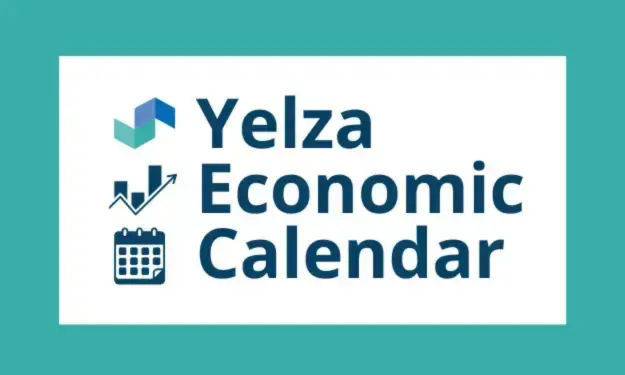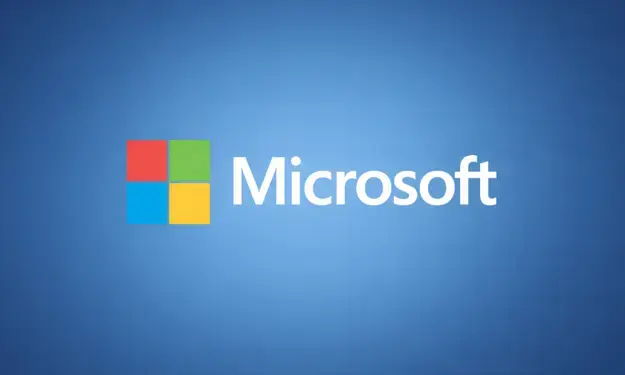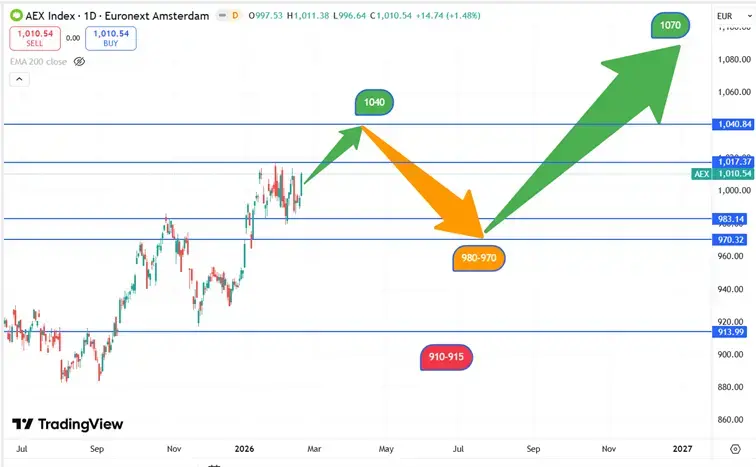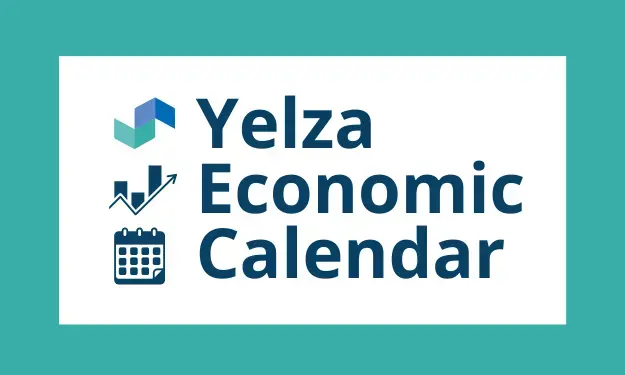E.ON's influence on the DAX 40
E.ON has a weighting of approximately 2,12% in the DAX 40 index (measured in June 2025). View the composition of the DAX 40 and the weighting of all companies in the DAX 40here. As one of the largest utilities, E.ON influences the index mainly through energy price developments, European regulation and infrastructure investments. The stock often reacts strongly to policy changes in Brussels and Berlin, such as subsidies for sustainability, carbon prices and regulations around grid management. Inflation, interest rate developments and energy demand also play a role.
Investment analysis & outlook
The chart below shows E.ON SE (EOAN) share price performance relative to the DAX40 index over the past five years. While E.ON experienced a volatile price trend with pronounced peaks and troughs during that period, a convincing recovery set in from the end of 2022. Especially since the beginning of 2025, the stock has risen sharply in value. Whereas at the beginning of this year, E.ON was still moving around the same level as five years ago, it has since realized an impressive return of around +50% in just six months. Compared to the DAX40, which is shown as a purple line in the chart and shows nearly 90% gains over the same period, E.ON is still lagging behind.
Looking ahead to 2025, E.ON continues to focus on strategic investments in smart grids, battery storage and digital customer solutions. The focus is on growth in regulated infrastructure services, which generate stable revenue streams. Although factors such as interest rate developments and political uncertainties may put pressure on the near-term, many analysts believe E.ON remains an attractive defensive stock. The combination of solid cash flows and a consistent dividend policy makes the company of interest to investors who value stability in a volatile market.

News & updates
In May 2025, E.ON announced it will invest €6 billion in modernizing its electricity grids until 2028, focusing on digitalization and renewable energy capacity. In addition, the company introduced a large-scale hydrogen energy storage project in North Rhine-Westphalia, in cooperation with regional authorities and technology partners.
The board also proposed a dividend of €0.55 per share, confirming E.ON's reputation as a reliable dividend payer. The company also emphasized its commitment to net-zero targets by 2040 and announced the publication of new ESG targets that are more concrete and testable. With these steps, E.ON remains firmly positioned as a sustainable cornerstone of the European energy market.
Disclaimer: Investing involves risk. Our analysts are not financial advisors. Always consult an advisor when making financial decisions. The information and tips provided on this website are based on our analysts' own insights and experiences. They are therefore for educational purposes only.

.svg)
.webp)
.webp)

.webp)
.webp)




